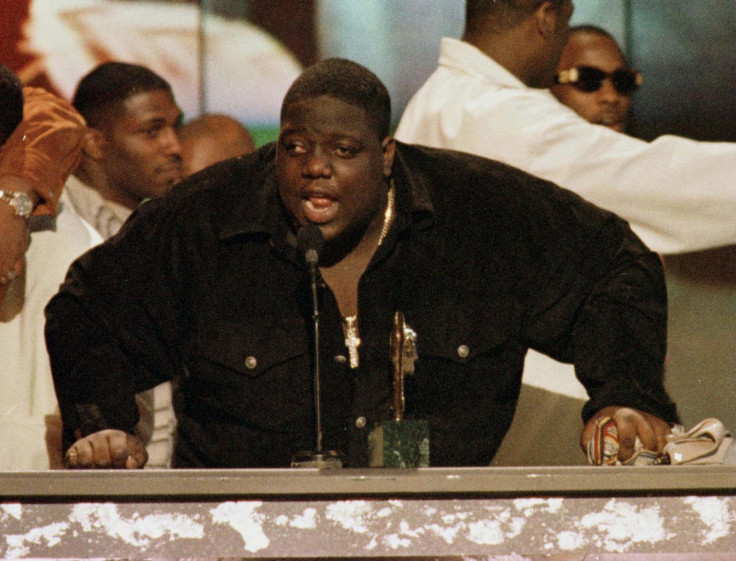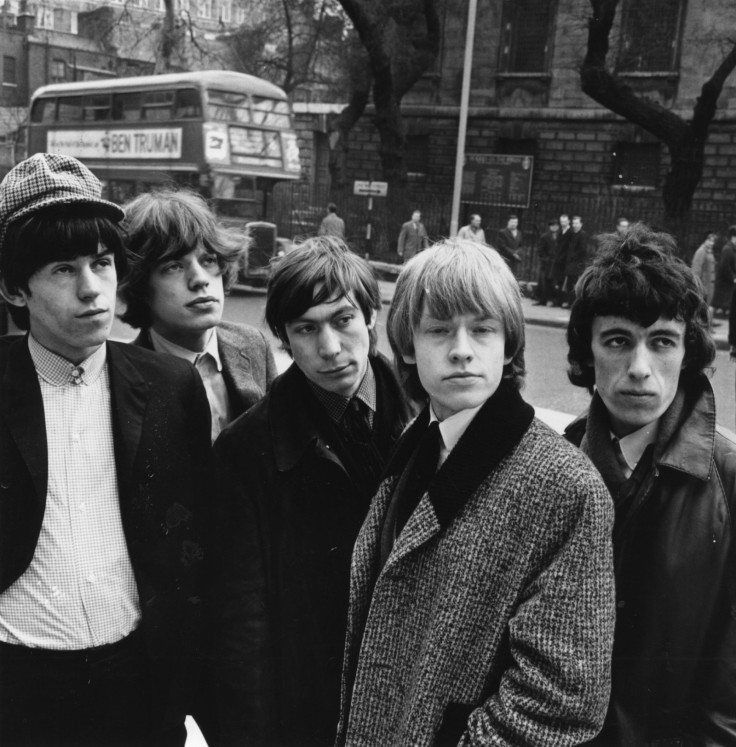Evolution of music in the US: Hip hop caused 'single most radical change in past 50 years'

Hip hop caused the single most radical change to the US music charts over the past 50 years, scientists have discovered.
In a study documenting changes in trends and diversity in the evolution of music across the pond, researchers at Queen Mary University of London and Imperial College London found the biggest musical revolution in the country's pop history was in 1991, when hip hop arrived in the charts.
Publishing their findings in Royal Society Open Science, the authors note that the "flux of fashion" is particularly obvious in pop music – but while much has been written about its evolution, claims are anecdotal rather than scientific.
"To rectify this, we investigate the US Billboard Hot 100 between 1960 and 2010," they wrote.
The team analysed the musical properties of about 17,000 recordings that appeared in the charts during this period and looked at the quantitative trends in their properties. They then produced an audio-based classification of musical styles and looked for the evolution of diversity and disparity.
Findings threw up some interesting results. The so-called "British Invasion" of bands such as The Beatles and The Rolling Stones did not start a rock revolution – rather they merely followed existing trends.
The researchers show that around 1964, many styles were changing in frequency and the evolutionary trajectories towards rock music were established before this time, meaning the two groups could not have been wholly responsible for it.
"These results suggest that, even if the British did not initiate the American revolution of 1964, they did exploit it and, to the degree that they were imitated by other artists, fanned its flames," the authors wrote.

Scientist also found that 1986 – a year that saw Wham, Madonna and the Pet Shop Boys hit the charts – was the least diverse year for music. This has been attributed to a sudden popularisation of drum machines and samplers.
Discussing the impact hip hop had on the evolution of music, they said rap music was very rare before the mid-1980s but then rapidly expands to become the "single largest style for the next 30 years".
"The largest revolution... is associated with the expansion of style 2, enriched for rap-related tags. The rise of rap and related genres appears, then, to be the single most important event that has shaped the musical structure of the American charts in the period that we studied."
Matthias Mauch, lead author of the paper, said: "For the first time we can measure musical properties in recordings on a large scale. We can actually go beyond what music experts tell us, or what we know ourselves about them, by looking directly into the songs, measuring their make up and understanding how they have changed.
"No doubt some will disagree with our scientific approach and think it's too limited for such an emotional subject but I think we can add to the wonder of music by learning more about it. We want to analyse more music from more periods in more countries and build a comprehensive picture of how music evolves."
Armand Leroi, senior author on the paper, added: "It's exciting to be able to study the evolution of popular music scientifically. But now we want to go further, and find out not just how the music has changed, but why."
© Copyright IBTimes 2024. All rights reserved.






